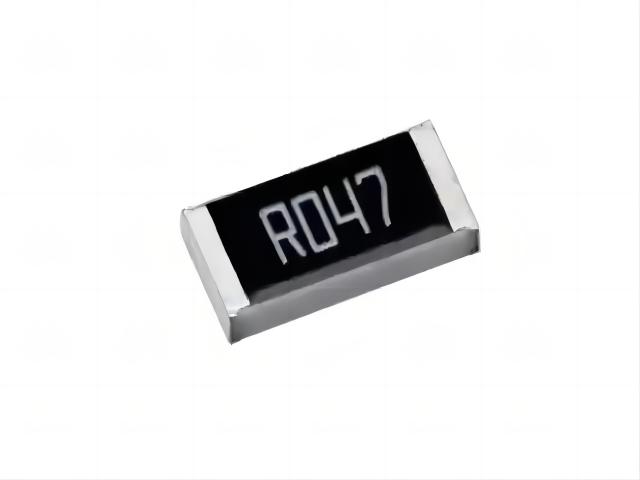In medical products, choosing TGL251220FR200E04Z metal film resistors from Tian'er Company instead of pure metal alloy resistors is mainly based on its comprehensive advantages in surge resistance, stability, safety standards, and other aspects. The following analysis will focus on the demand for medical equipment, comparison of resistance characteristics, and specific application scenarios:

1、 The core requirement for medical equipment to combat surge resistors
Medical equipment (such as imaging devices, monitors, surgical instruments, etc.) have strict requirements for circuit protection:
High safety: It is necessary to prevent damage to patients or equipment caused by surge voltage and avoid the risk of leakage current (such as controlling leakage current below 10 μ A).
Stability: It is necessary to maintain stable resistance within a wide temperature range (-55 ℃~+155 ℃) to ensure long-term reliable operation of the equipment.
Anti interference capability: It is necessary to suppress high-frequency noise and transient voltage to ensure the accuracy of signal transmission (such as the image quality of medical imaging equipment).
2、 Advantages of TGL251220FR200E04Z Metal Film Resistors
Compared to pure metal alloy resistors, TGL251220FR200E04Z has the following advantages in medical applications:
Surge resistance and high voltage resistance characteristics
Metal film technology: By using vacuum coating technology to achieve a uniform metal layer, it has stronger resistance to high voltage and surge, can absorb transient energy, and reduce the risk of circuit damage.
Low parasitic inductance: The metal film structure reduces parasitic inductance and avoids interference from high-frequency noise on the signal sampling circuit, making it particularly suitable for high-precision scenarios in medical equipment such as electrocardiogram monitoring.
High precision and temperature stability
Accuracy level: Supports high precision of ± 0.05%~± 1%, far exceeding ordinary alloy resistors (usually ± 1%~± 5%), meeting the strict requirements of medical equipment for current/voltage detection.
Low temperature drift characteristics: The temperature coefficient (TCR) is as low as ± 50ppm/℃, and the resistance value changes very little over a wide temperature range, ensuring the stability of the equipment in different environments.
Corrosion resistance and long lifespan
High corrosion resistance: The metal film process enhances the ability to resist sulfurization and oxidation, making it suitable for disinfection environments (such as surgical instruments) or humid environments (such as extracorporeal circulation equipment).
Power tolerance: Rated power of 2W, low heat generation in high current scenarios, avoiding performance degradation caused by overheating and extending equipment life.
Meets medical industry standards
Certification and Reliability: Through certifications such as ISO 9001 and IATF 16949, some models comply with the AEC-Q200 standard, meeting the high requirements for safety and reliability of medical equipment.
Low noise design: reduces noise interference in the circuit and ensures the accuracy of medical signals such as electroencephalography and blood pressure monitoring.
3、 Typical medical application scenarios
Medical imaging equipment (such as CT, MRI)
Requirement: High voltage power protection to suppress power grid surge interference.
Advantages: The high voltage resistance and low noise characteristics of TGL251220FR200E04Z ensure the purity of imaging signals.
Patient monitoring equipment (such as electrocardiograph)
Requirement: Small signal detection to prevent leakage current risk.
Advantages: High precision (± 0.1%) and low-temperature drift characteristics, avoiding misdiagnosis caused by resistance drift.
Surgical instruments (such as electric knives, laser equipment)
Requirement: Tolerate high-frequency power fluctuations and prevent circuit overheating.
Advantages: Power tolerance (2W) and corrosion resistance, suitable for high-frequency and high-voltage working environments.
In medical products, TGL251220FR200E04Z has become a better choice than pure metal alloy resistors due to its high precision, surge resistance, temperature stability, and compliance. Its metal film technology not only meets the stringent requirements for safety and reliability of medical equipment, but also demonstrates stronger adaptability in complex environments such as high temperature, high humidity, and high-frequency interference. Pure metal alloy resistors are more suitable for high current sampling scenarios (such as power management), but they are inferior to metal film resistors in terms of surge resistance and high precision.
